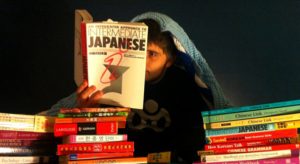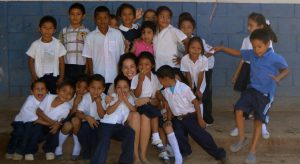
Language Learning for Introverts
Speaking a language is a skill. Like any other skill, if you really want to get good at it then it’s going to require practice. For languages that means lots of time talking, meeting new people, socializing, getting out there and making mistakes. If you’re an extrovert that all sounds great.
But if you’re an introvert – that’s terrifying.
Introverts and extroverts just don’t function the same as each other. As a result, trying to force an introvert to study like an extrovert or vice versa is never going to work as well as finding a learning style that’s tailored to how that person learns best.
Thankfully if you’re on the introverted side of things, all is not lost.









Social